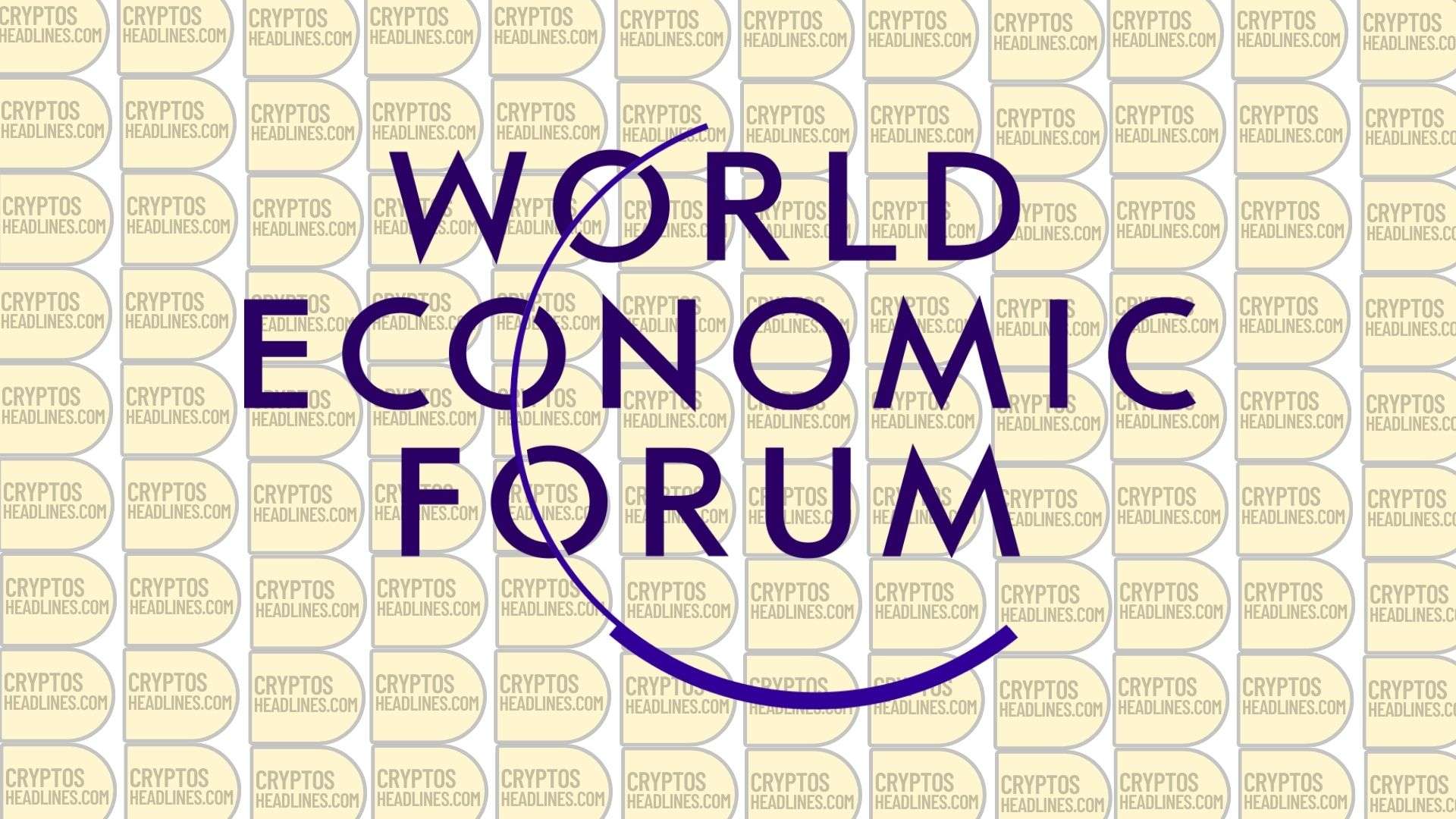The World Economic Forum (WEF) has published a detailed report proposing international guidelines for regulating the ever-changing and intricate crypto industry. The report highlights the importance of unified regulations to promote market stability and safeguard the interests of investors.
The World Economic Forum (WEF) has published an important study on the complexities and potential of global cryptocurrency regulations. The report, titled “Pathways to Regulating Crypto-Assets,” highlights the need for cohesive international policies to ensure the protection of markets and investors. It emphasizes that the current regulatory environment is fragmented and insufficient to address the challenges at hand.
The World Economic Forum (WEF) suggests that traditional financial safeguards may not fully apply to cryptocurrencies due to their unique and decentralized nature. To address this “borderless” characteristic, efforts should be made to bridge the gaps in protections. The WEF believes that by recognizing and addressing the distinct features of cryptocurrencies, more effective measures can be put in place to safeguard users and mitigate risks.
Although cryptocurrencies represent a small portion of the global financial system, the World Economic Forum (WEF) shares concerns similar to Europe’s systemic risk board. They suggest that the lack of regulations in the crypto market could potentially disrupt the stability of the global financial system. Even though cryptocurrencies have a relatively small impact at present, the WEF highlights the importance of addressing the risks associated with their unregulated nature to prevent any potential negative consequences on the broader financial landscape.
Also Read This Related: Elon Musk questions OpenAI’s legality after $50M investment
The World Economic Forum (WEF) provides recommendations that focus on three main groups: international organizations, regional and national regulators, and the entire crypto industry. To international organizations, the WEF proposes the development of guidelines and standards for cryptocurrencies, as well as the adoption of common terminology and definitions. These efforts aim to create consistency and clarity in the global crypto space, facilitating smoother collaboration and understanding among different organizations and jurisdictions.
For regulators, the WEF recommends promoting collaboration across different sectors and jurisdictions, ensuring that they work together to create technical standards that can be used interchangeably. This would allow for seamless integration and interaction between various systems. As for the crypto industry, the WEF suggests sharing successful methods for handling operational and cybersecurity risks. It also emphasizes the importance of responsible innovation while actively engaging with policymakers and regulators. By doing so, the industry can demonstrate its commitment to safety, compliance, and positive impact while fostering a cooperative relationship with relevant authorities.
The WEF highlights the absence of consistent rules, policies, and definitions for cryptocurrencies, which creates challenges in effectively overseeing the industry. This lack of standardization hinders progress and can lead to regulatory arbitrage. Regulatory arbitrage refers to the practice of taking advantage of differences in regulations between jurisdictions, and it is a concern in certain locations known for their cryptocurrency activities, such as Singapore and Hong Kong.
The World Economic Forum (WEF) is an international organization that brings together influential leaders from various sectors to discuss and influence global issues. While it is famous for its annual Davos conferences, the WEF also works on shaping important conversations and agendas worldwide. In this particular report on crypto policy, the WEF collaborated with policymakers, regulators, and industry experts to gather their insights and input. The aim was to create a comprehensive document that addresses the challenges and opportunities in the cryptocurrency space and offers guidance for effective regulation.
Dante Disparte, who holds the position of Chief Strategy Officer and Head of Global Policy at Circle, praised the WEF for its initiatives. He expressed his belief that the growth of crypto-assets and blockchain-powered financial services aligns with, rather than disrupts, the traditional economy and finance. Disparte emphasized the importance of promoting these advancements in order to facilitate their integration into the existing financial system.
The WEF’s report highlighted the issue of concentration risk in the crypto industry, specifically focusing on stablecoins and crypto exchanges. It expressed concerns regarding the absence of well-defined regulatory frameworks to address possible market abuses, competition issues, and conflicts of interest. The report emphasized that without appropriate regulations in place, the entire crypto ecosystem could be vulnerable to various threats.
Important: This article is intended solely for informational purposes. It should not be considered or relied upon as legal, tax, investment, financial, or any other form of advice.








